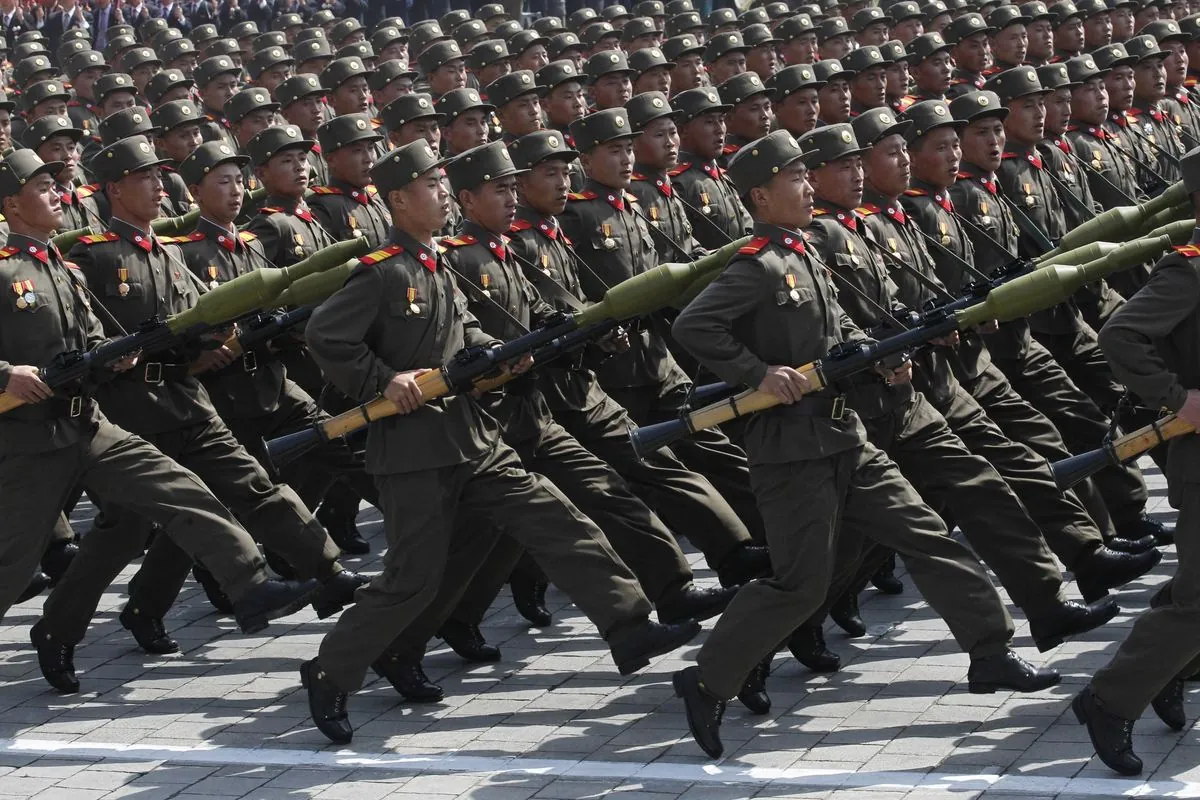North Korean soldiers join Russian forces: What this means for Ukraine conflict
North Korea sends thousands of troops to support Russian military operations in Kursk region. This move brings new complications to the ongoing conflict while western countries re-evaluate their response

In a game-changing development‚ Kim Jong Un has sent around ten-thousand North-Korean troops to Russias Kursk region (which shows how Moscow needs external help to maintain its military presence)
The situation got real when Ukrainian forces met NK soldiers at the front-lines last week: this marks the first time North-Korean troops joined a European conflict. Vladimir Putin got this help after his summer-time visit to Pyongyang where both leaders signed a partnership deal
NKʼs support goes beyond just boots-on-ground. Their contribution includes:
- Half of all artillery shells used by Russian forces
- Ballistic missiles supply
- Military training cooperation
- Technical support services
The price tag for this help remains unclear; experts think NK wants combat experience modernization and cash payments in return. Its foreign minister Choe Son Hui calls Russias actions a “righteous holy war“ but theres more to this story than meets the eye
South-Korea might send military advisors to Ukraine as a counter-move — their well-equipped forces could make a big difference. This could be a problem for NK since their troops might see how people live better in Ukraine than back home (even during war-time)
The Biden administration keeps its careful approach: saying theyʼre “increasingly concerned“ but not changing weapon-use rules for Ukraine. Joe Biden stated that Ukraine can strike NK troops only if “they cross into Ukraine“ which leaves a grey-zone for those stationed in Kursk
Chinas reaction adds another layer of complexity — at the recent BRICS meeting in Kazan Xi Jinping warned against “adding fuel to the fire“. Beijing dont like seeing NK getting too independent which could affect their influence in East-Asia
Russian military losses (now over 600-thousand casualties) show why they need foreign help. They pay big money to get new recruits and avoid drafting people from big cities where protests could shake things up





























